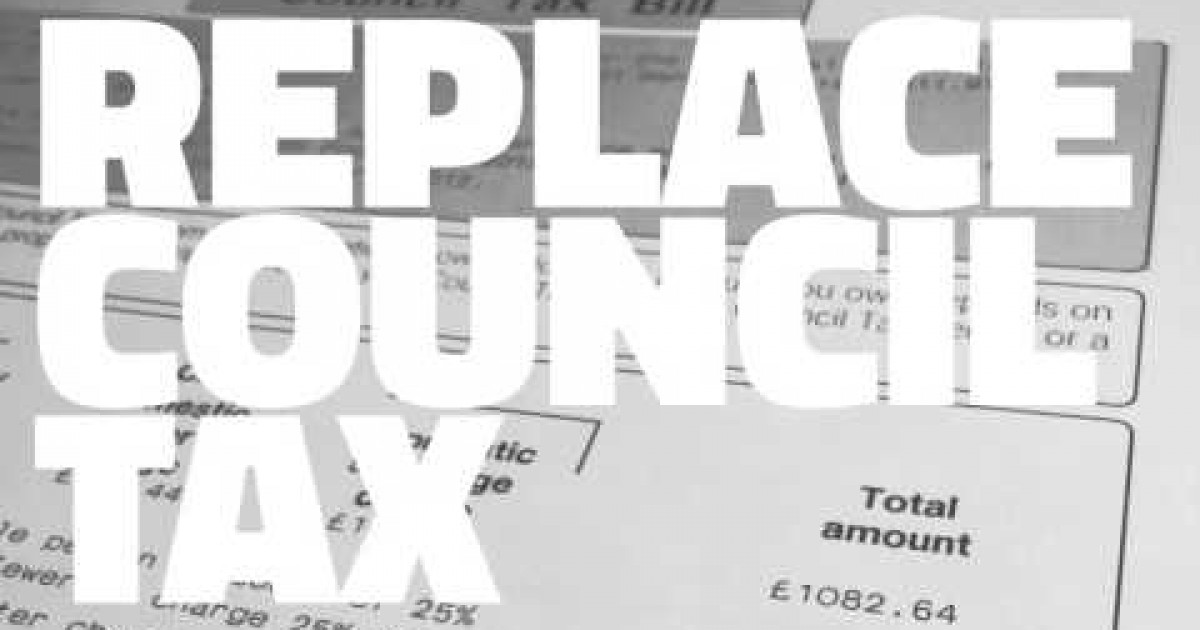Timid Council Tax proposals won't give communities the autonomy they deserve

As Edinburgh recovers from the hectic few weeks of the Festival and the posters and other paraphernalia that have adorned the streets over the past month are removed, it is worth reflecting on how the city copes with a festival that is as big as the World Cup.
For Edinburgh to be the world-class city it aspires to be, it needs to be constantly alive to the long-term decisions that need to be taken on issues such as infrastructure, transport and housing. It is the City Council that is responsible for taking the lead in such matters but, unlike other European cities, it is severely constrained by having very little power over its own finances.
An Audit Scotland report earlier this year showed that our councils simply cannot face any more cuts to their already stretched budgets. Local authorities have been scrimping and saving in the face of drastic cuts, without the ability to properly raise revenue through local taxation.
Cities such as Milan, Berlin and Prague typically have a basket of six or so taxes they can levy and these cities raise at least half of their own finances. In Scotland, the fiscal autonomy of local councils is now at an all-time low. Edinburgh needs the flexibility to introduce a visitor levy to help pay for the extra costs incurred coping with the visitor numbers over the summer. It needs the ability to capture land values to finance infrastructure and new development. In short, it needs the kinds of powers that any normal European city enjoys.
Communities should have the ability to decide what services they need, and how these services should be funded.
Last year a cross-party Commission on Local Tax Reform agreed that the Council Tax should go, that there should be more flexibility and autonomy in local tax, and that now is the time for fundamental reform. Half of all properties in Scotland are currently in the wrong band for council tax. Despite widespread agreement that the Council Tax is broken, the Scottish Government is merely proposing some tinkering around the edges with those in larger properties paying a bit more, some adjustments to the various reliefs and a return to rate-capping. These timid proposals will not give Edinburgh the kind of autonomy it deserves.
We have a fiscal framework between the UK and Scottish Governments; we need a similar agreement between the Scottish Government and councils to rebuild trust.
Interestingly, there is an international treaty – the European Charter of Local Self-Government – to which the UK and Scotland are bound. In my view, the Scottish Government’s proposals are in breach of at least three Articles of the Treaty that guarantee the fiscal autonomy of local government. The terms of this treaty have been neglected over the years of devolution but with local democracy and taxation once again at the centre of political debate, it is vital to ensure that proposals for reform do not breach international law. Edinburgh might be the testbed of whether they do.
This article first appeared in the Edinburgh Evening News
